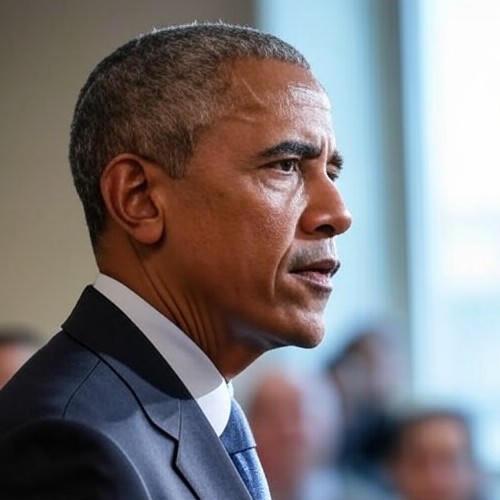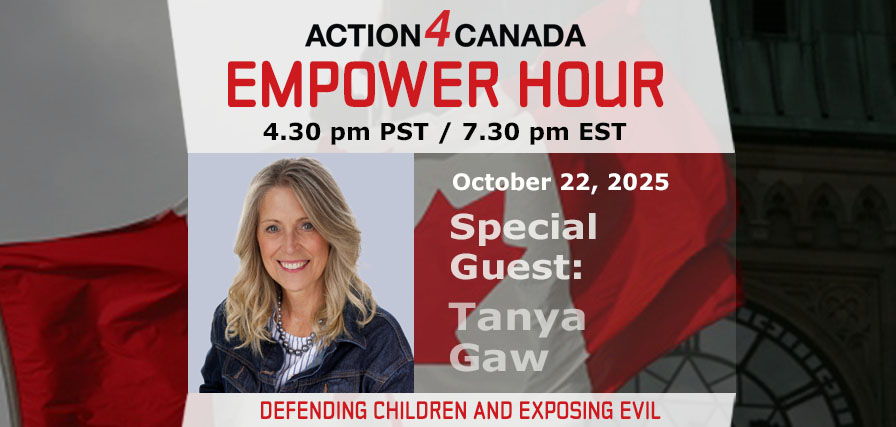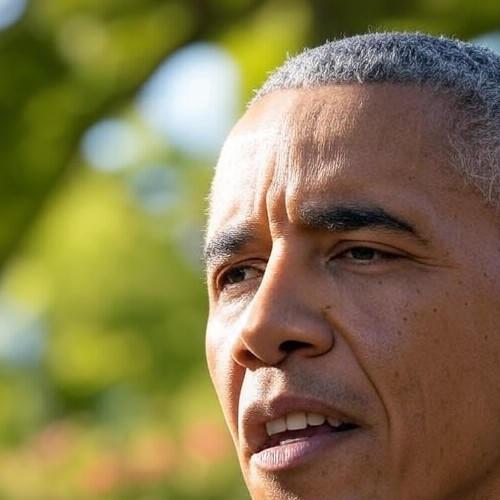PROTECT YOUR DNA WITH QUANTUM TECHNOLOGY
Orgo-Life the new way to the future Advertising by AdpathwayIn Washington, the war of words between White House Press Secretary Karoline Leavitt and House Minority Leader Hakeem Jeffries escalates as a government shutdown continues to strain relations. Leavitt’s provocative claim that the Democratic Party caters to “pro-Hamas terrorists, illegal aliens, and violent criminals” has drawn sharp rebuke from Jeffries, who accuses her of spreading dangerous misinformation. This intensifying battle reflects deeper political dysfunction during a time of crisis.
The confrontation kicked off during Leavitt’s appearance on Fox News, where she made her inflammatory assertions. Jeffries quickly labeled her comments “sick” and questioned her mental state, asking if she was “demented, ignorant, a stone-cold liar, or all of the above.” This exchange reveals not only a clash of opinions but also a battle over narratives in a polarizing political climate.
Leavitt, undeterred, defended her stance, stating, “Hakeem Jeffries is simply lashing out because he KNOWS that I am telling the truth about the modern-day Democrat Party.” In her view, the Democratic Party’s position on issues like immigration and crime demonstrates a dangerous alignment with radicals. She cited their resistance to condemning Hamas following the October 7 attacks as evidence of their “pro-Hamas sympathy.” Her remarks resonate with certain Republican factions that believe the party has strayed too far left, especially concerning crime and foreign relations.
Jeffries, on the other hand, condemned Leavitt’s language as reckless, arguing that it endangers public safety by fostering an atmosphere ripe for political violence. “The notion that an official White House spokesperson would say that the Democratic Party consists of terrorists, violent criminals, and undocumented immigrants… makes no sense,” he reiterated, highlighting the potential repercussions of such rhetoric. He pointed to recent incidents of political violence, suggesting that inflammatory comments can escalate real-world dangers.
Democrats have rallied around this message, emphasizing the perils of divisive language. Minnesota Governor Tim Walz adopted a more measured approach, suggesting that both parties have good people and that the real problem lies in the administration’s inflammatory rhetoric. Meanwhile, Representative Greg Casar has taken a firmer stance, calling for Leavitt’s resignation, arguing that the administration is fueling division to mask their own failures. “They try to make us hate each other,” he stated succinctly, pointing out that the government shutdown distracts from larger issues at play.
Leavitt responded by accusing Jeffries of neglecting his responsibilities as a legislator, suggesting that he should focus on reopening the government instead of trading barbs. This highlights the deepening frustration on both sides over the stalled government funding negotiations. As agencies remain shuttered and critical services are disrupted, the stakes are higher than mere political posturing.
The ongoing government shutdown amplifies the sense of urgency surrounding this dispute. With key federal programs halted, military families and border agents face delays and financial uncertainty. Leavitt argues that Senate Democrats are leveraging the crisis for political gain, accusing them of holding the government hostage to spite Trump and the Republicans. “That’s why they overwhelmingly LOST the election to President Trump,” she claimed, reflecting a broader narrative among Republican supporters aiming for unity against what they perceive as radical Democratic policies.
Political analyst Dr. Caleb Morrison notes that both parties have become entrenched in their strategies. “The White House is using a hard-hitting offense to stoke their base, especially around issues like border control and crime,” he explained. In contrast, Democrats present themselves as the responsible and rational alternative amidst turmoil. But Morrison warns that the lack of civility in political discourse is making effective governance increasingly difficult. “It’s hard to govern when your political dialogue is reduced to shouting matches and character assassination,” he concluded.
As the shutdown drags on, the American public finds itself burdened by a lack of effective leadership. As Leavitt continues to insist that Democrats’ values align with chaos and disarray, the underlying issues remain unresolved, further complicating a path forward. “Tell the truth. And the truth is, Democrats want open borders, soft-on-crime laws, and they refuse to stand up to terrorists,” she stated emphatically, signaling that both sides are entrenched in their views.
With no clear resolution in sight, the risk of collateral damage rises. The vitriol exchanged in this ongoing conflict serves only to widen the divides within Congress and among the American people, leaving many concerned about the future of federal governance.
"*" indicates required fields


 2 days ago
10
2 days ago
10


















.jpg)






 English (US) ·
English (US) ·  French (CA) ·
French (CA) ·